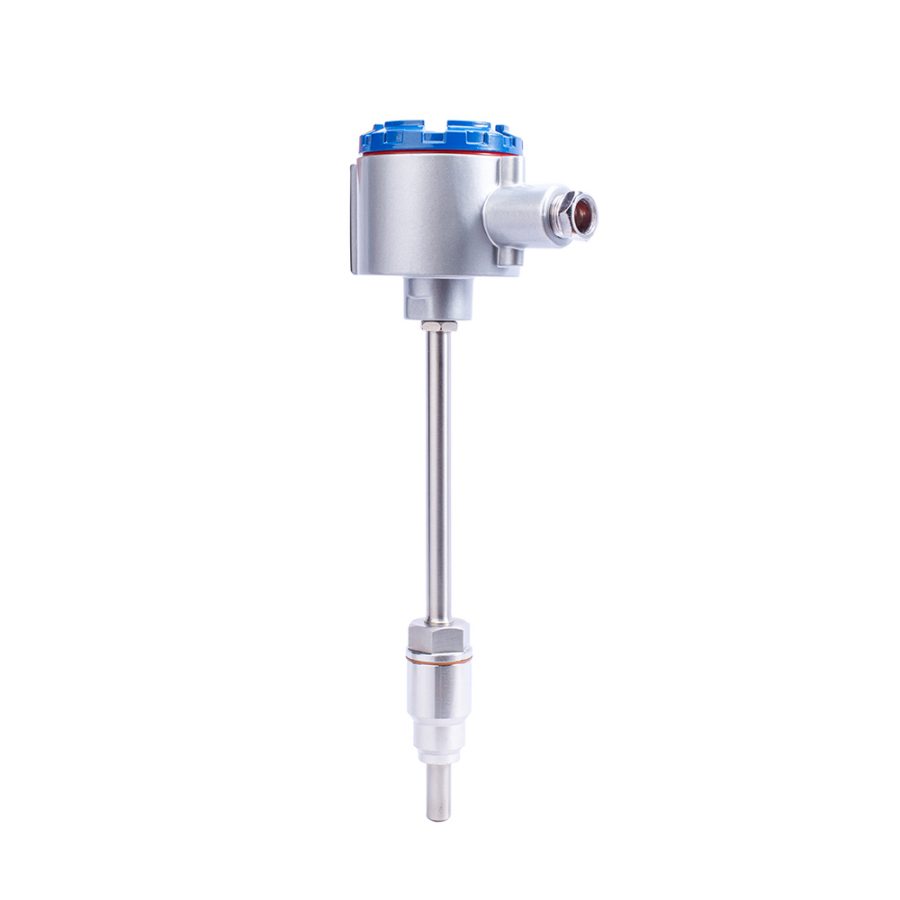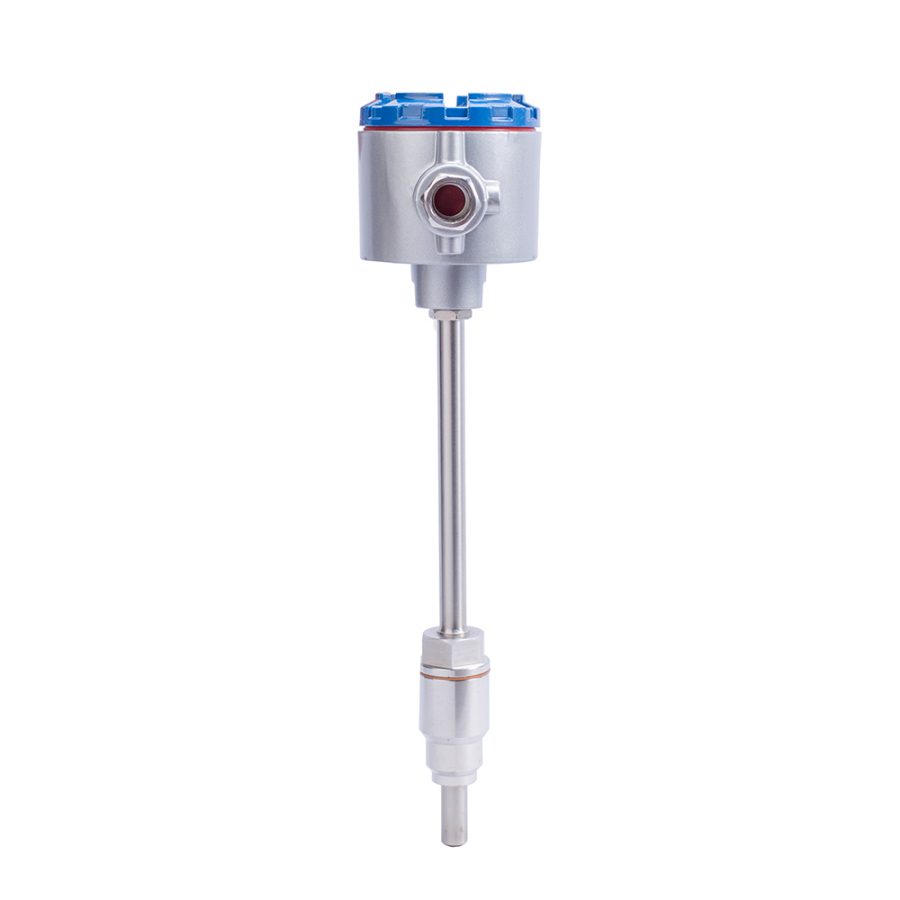Working Principle
Thermal resistors measure temperature by using the characteristic that the resistance of a material changes as the temperature changes. When the resistance value changes, the working instrument displays the temperature value corresponding to the resistance value.
Thermocouple Performance Overview
Product Implementation Standard: IEC60751
GB/T30121 Industrial Platinum Thermal Resistor and Platinum Temperature Sensing Element
GB26786 Industrial Thermocouple and Thermal Resistor Explosion-Proof Technical Conditions
Normal Temperature Insulation Resistance
The insulation resistance between the electrode and the outer jacket of the armored thermal resistor is ≧100M2 at an ambient temperature of 15-35℃, a relative humidity of no more than 80%, and a test voltage of 10-100V (DC).
Main parameters
Display mode: LCD or digital tube
Explosion-proof grade: Exia
Input signal: PT100, PT1000, Cu50, K, E, S, B, R, J, T, N Accuracy: ≤0.2%
Output signal: Analog 4-20mA (two-wire) + HART alarm signal: When the sensor fails (open circuit or short circuit), the output drops to ≤3.6mA or the output rises to >21.5mA Maximum load: (V Power supply -12V) 10.025A (output current)
Limit current: S25mA
Power supply voltage: 12....30VDC
Response time: 1S
Isolation voltage: 1500VAC
Anti-pulse group: ±3000V
Anti-RF interference: >10V/m (80MHz...1000MHz)
Environmental temperature: -40...+85℃
Temperature drift: 0.008%FS/1℃
Long-term stability: ≤0.1℃/year or 0.05%/year



